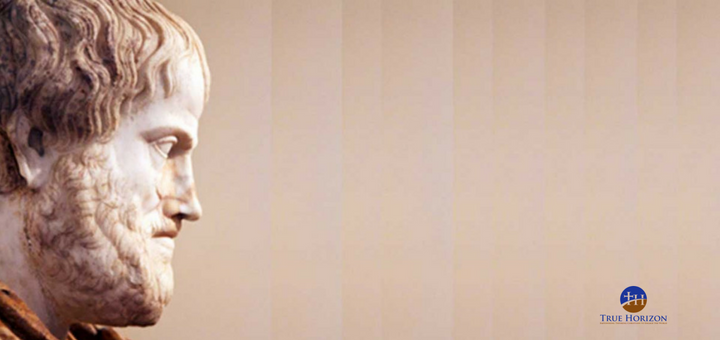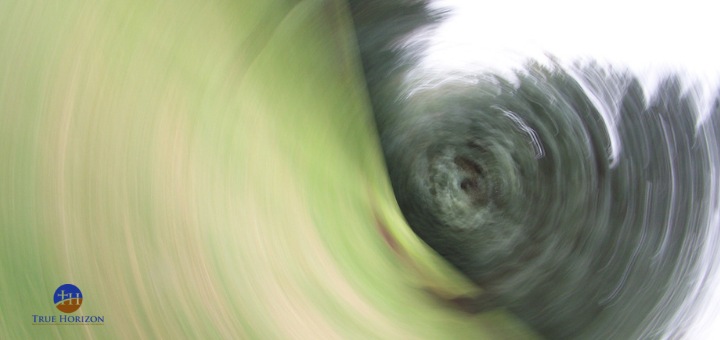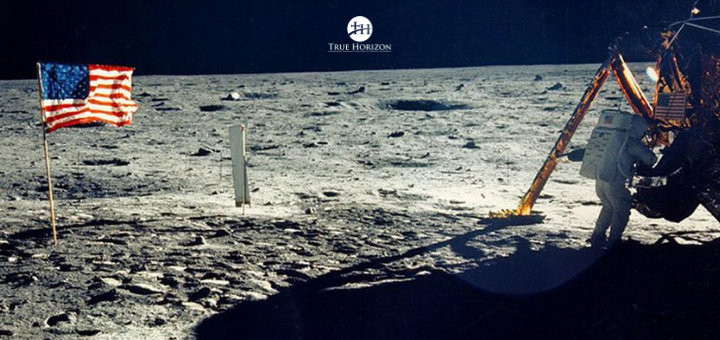Nothing To Believe In
 When it comes to spiritual issues, I am always amazed that people will accept and defend things that they would never, ever accept when addressing any other subject. People will convince themselves (and try to convince you) that the most illogical, nonsensical claims make perfect sense as long as they are attached to religion, spirituality, or questions surrounding ultimate meaning for our existence. Case in point: Nica Lalli, who wrote a book entitled, Nothing: Something To Believe In. In an interview about the book, Lalli proclaimed that:
When it comes to spiritual issues, I am always amazed that people will accept and defend things that they would never, ever accept when addressing any other subject. People will convince themselves (and try to convince you) that the most illogical, nonsensical claims make perfect sense as long as they are attached to religion, spirituality, or questions surrounding ultimate meaning for our existence. Case in point: Nica Lalli, who wrote a book entitled, Nothing: Something To Believe In. In an interview about the book, Lalli proclaimed that:
I am an atheist. I have never joined, or been part of, any religious group or organization. I was raised without religion, and without much understanding of what religion is. I have never had much of an identity religiously, and I stayed away from much thought or discussion on the matter. It is only recently that I have really explored the many options for religious beliefs and have decided that rather than saying, ‘No comment,’ I now call myself an atheist.
Though she admits that she has had little training in religious matters and that she really doesn’t even understand what religion is, she seems to feel comfortable making judgments about religious ideas — especially those attached to “organized religion.” What Ms. Lalli fails to see is that by calling herself an atheist, she is in no way laying claim to a neutral position. Contrary to the deliberately provocative title of her book, she is most definitely not believing in “nothing.” Ms. Lalli is, by definition, making an explicitly religious claim.
The Dictionary definition of Religion is: “a set of beliefs concerning the cause, nature, and purpose of the universe, esp. when considered as the creation of a superhuman agency or agencies, usually involving devotional and ritual observances, and often containing a moral code governing the conduct of human affairs.”
The universe either has a natural or supernatural cause. Those are the only options available to us. By proclaiming atheism, Ms. Lalli is putting forth the specific notion that God does not exist — which means the cause of the universe must be a natural one. If her claim is correct, the only logical conclusion to draw is that the cause, nature, and purpose of the universe, must be (respectively) impersonal, materialistic, and meaningless. These ideas have real-world consequences that infer a purely physical, deterministic world in which there is no grounding for any moral code.
This is hardly a detached, neutral stance.
Ms. Lalli is also rather proud of the fact that she is leading her own children to not be committed to any belief system but rather to have them aspire to eternal skepticism …
Most young children accept what their parents tell them as true, whether it is the existence of Santa Claus or Jesus Christ. It is important that children understand what their parents believe, but it is also important for children to know about all the options out there. This is tricky if a parent is a true believer of a religion and feels that her way is the only path. But how can children question openly when they are taught that there are absolute truths in belief? … Part of being a good parent is allowing our children to become whatever and whoever they become.
In this offhanded attempt to equate belief in Jesus Christ with belief in Santa Claus, Ms. Lalli again demonstrates a thinly-veiled antagonism toward “organized religion” even as she attempts to sell her way of thinking as the philosophically superior high ground. She claims to judge nothing and no one. But “high ground” does she occupy from which to make this claim?
Ironically, it is in just the place she so wants to avoid — a place where people make judgments about truth! When Ms. Lalli teaches her children to always question but never claim to know absolute truth, she is really insisting that the practice of serious inquiry disallows any possibility of knowing absolute truth. But is such a claim legitimate?
I would say that anyone serious about seeking the truth in this life should, by all means, continue to observe and ask questions. But doing so in no way prohibits the seeker from making the reasonably founded case that they have found it. The actual truth is out there somewhere. Jesus Christ claimed he was that Truth incarnate. He was either right or wrong. But those of us who believe he was right have legitimate reasons for seeing that Truth as the best explanation for the way the world is. Ms. Lalli may not like them. She may not agree with them. But that doesn’t mean we don’t have them.
Think about it — Ms. Lalli denounces the idea that religious belief can have a valid foundation as being wrong. In other words Ms. Lalli is claiming that it her view is the correct one. Do you see the irony? While claiming that no one can think their “path is the only one,” she is promoting the notion that her meaningless belief in “nothing” is the right one.
Everybody believes what they believe because they think it is true. They (we) can not help that fact. Ms. Lalli’s book is an attempt to make her case for her belief system. She is free to do so. But she must also realize that her claims to judgment-free neutrality are impossible to sustain. Her call to disavow “organized religion” can only end in a kind of “disorganized religion” unable to account for an objective assessment of the way the world really is.
Atheism is not “nothing.” “Nothing” is not what she really believes. Neither atheism nor “nothing” cuts the mustard with regard to the origin, the meaning, or the destiny of this thing called life. I hope that Ms. Lalli and her children will continue their search with honesty and that they would one day find the Truth.




One Comment